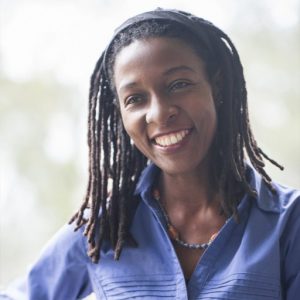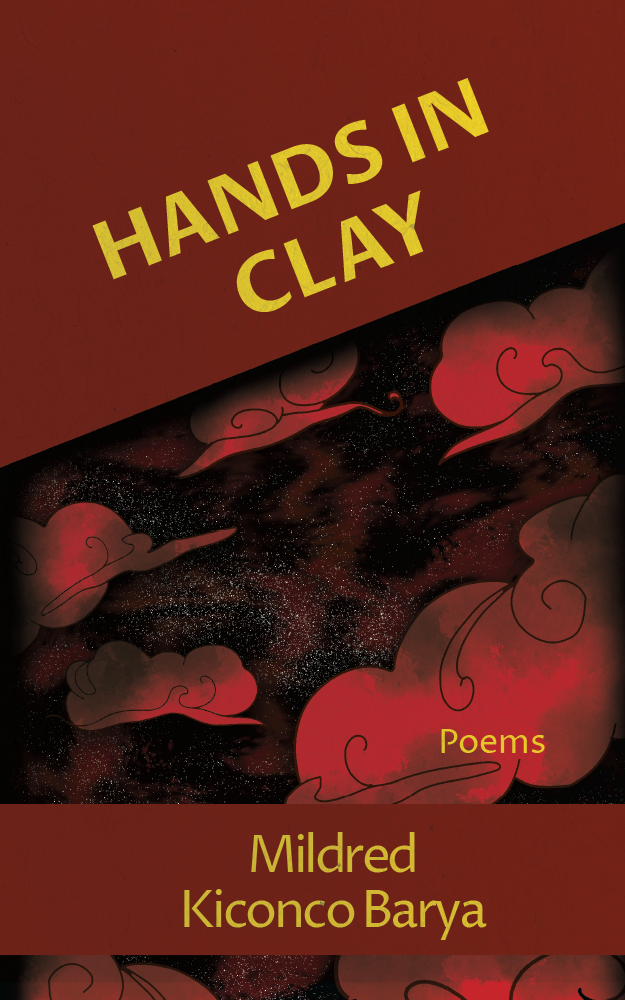Publishers of international
prose, poetry, art,
and literary hybrids.
Book
Hands in Clay
Author: Mildred Kiconco Barya
Paperback: 104 pages, 2025
Literature | Poetry
ISBN-13: 9781947175990

Mildred Kiconco Barya, a North Carolina-based writer and poet of East African descent, teaches and lectures globally. She is the author of four poetry books, including The Animals of My Earth School (Terrapin Books), which was listed a Brittle Paper Notable African Book of 2023 and received honorable mention in the 2024 Eric Hoffer Poetry Award. She is the recipient of the 2025 Jacobs/Jones African American Literary Prize for the best essay and the 2020 Linda Flowers Literary Award. She has served as the Gilbert-Chappell Distinguished Poet for the North Carolina Poetry Society and her work has been published in the New England Review, The Cincinnati Review, Shenandoah, Tin House, The Forge, and elsewhere. Hands in Clay is her fifth full-length poetry collection.
If one’s hand is in clay, it means one is caught in a flux, a thickness that is somehow also seductively light. The hand and heart of this poet are drenched in a clay so rich with minerals and meaning, hazard and hope, they teach us how to make and unmake, to dream while staying awake, and to rejoice even as one grieves. Guided by the wisdom of ancestors and the not-yet-born, by goats and tea leaves and strangers in traffic, Mildred Kiconco Barya’s “lusty and persistent” poems show us how “everything is through—as in veil, if not vale.” Though the journey is from life to death to rebirth, “the fog is omnipresent” and “[e]very few seconds, the celestial / bodies exchange positions”: matter and time are recyclable, and experience ever renewed.
–Aditi Machado, Material Witness
Passing effortlessly through the thin membrane that separates the real from the fantastical, Mildred Kiconco Barya’s Hands in Clay takes the reader on a spectacular journey. The speaker in these poems is simultaneously wide-eyed and knowing, “an infant/yet full of years,” and like the woman seated beside the speaker of “The Things You Encounter on a Flight,” marveling at the sunset Barya has nudged her into seeing, the reader will want to reach out to figuratively hold the hand of the creator of these fine poems.
–Christopher Kennedy, The Strange God Who Makes Us
A radical, radiant melancholy is the light that comes from Mildred Kiconco Barya’s poems. Moonlight, hellfire, komorebi – light filtered through leaves. And the light from fires – buried, rekindled, luminous – a cremating fire of ritual and transformation of experience. Barya has a discourse with the spirit world in dreams and receives messages from ancestors, phantom children, and the dead which proves the real world is porous and miraculous. Barya has a witchy power and has written a haunted book that manufactures wonder.
–Bruce Smith, Spill

